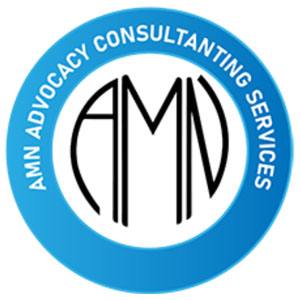National Heart Awareness Month.
February is American Heart Month, a month when people can focus on their heart and encourage healthy habits to help reduce the risks of developing heart disease. Cardiovascular or heart disease is the leading cause of death in women and men around the world. So February is a month dedicated to raising awareness on the cardiovascular health and diseases that many people develop, about the serious dangers of heart disease and help people to reduce their risk of heart attack, stroke and other related complications by living a more healthy lifestyle.
Heart disease can happen at any age, but the risk goes up as you age and if one has a chronic illness.Sickle cell disease as one of the chronic illness affecting a lot of people is no exception.
Cardiopulmonary complications are the leading cause of death in patients with in sickle cell disease caused due to the shape of the red blood being rigid and sticky, they damage the arteries to the heart. This causes the arteries to be narrow and weak. Anemia also puts pressure on the heart causing it to work more than it should as it tries to compensate for the need.

As patients live to adulthood, the chronic impact of sustained hemolytic anemia and episodic vaso-occlusive episodes leads to progressive end-organ complications. This scenario culminates in the development of 1 or more major cardiovascular complications of SCD for which there are no approved or consensus therapies. These complications include elevated pulmonary artery systolic pressure, pulmonary hypertension, left ventricular diastolic heart disease, dysrhythmia, sudden death, and chronic kidney disease with associated proteinuria, microalbuminuria, and hemoglobinuria.
In patients with advancing age, cardiopulmonary organ dysfunction and chronic kidney injury have significant effects on morbidity and premature mortality. Over the last 15 years, a number of tests have been validated in multiple replicate cohort studies that identify patients with SCD at the highest risk of experiencing pulmonary and systemic vasculopathy and death, providing for screening strategies tied to targeted, more aggressive diagnostic and therapeutic interventions. https://ashpublications.org/hematology/article/2017/1/423/21106/Cardiovascular-complications-in-patients-with
Cardiovascular issues in sickle cell as a complication can be fatal. When warriors know about cardiovascular problems that may arise as complications of sickle cell
disease it may help remind them to have regular check-ups with cardiovascular. It’s therefore important for people with sickle cell disease to be often screened for Pulmonary Hypertension and other heart related issues with the help of Echo, ECG and MRI with cardiovascular specialist which can detect if the patient is at risk of developing heart issues and depending on the doctors assessment having regular blood transfusion or exchange and Hydroxyurea can help.
https://onlinelibrary.wiley.com/doi/full/10.1111/j.1365-2141.2012.09143.x
https://www.facebook.com/amplifysicklevoice/videos/1292101031299440/?app=fbl. And
Pulmonary Hypertension in Sickle Cell Disease.
